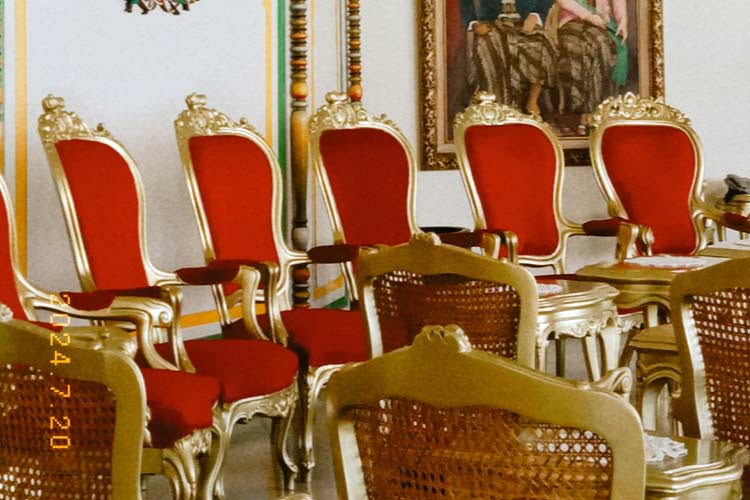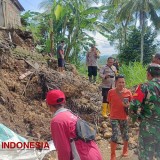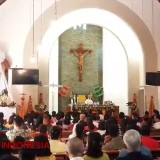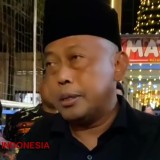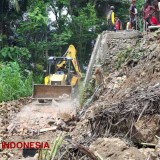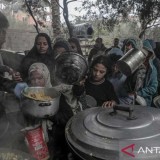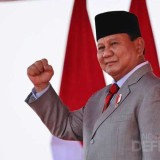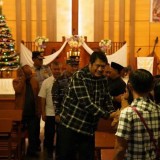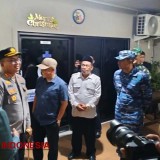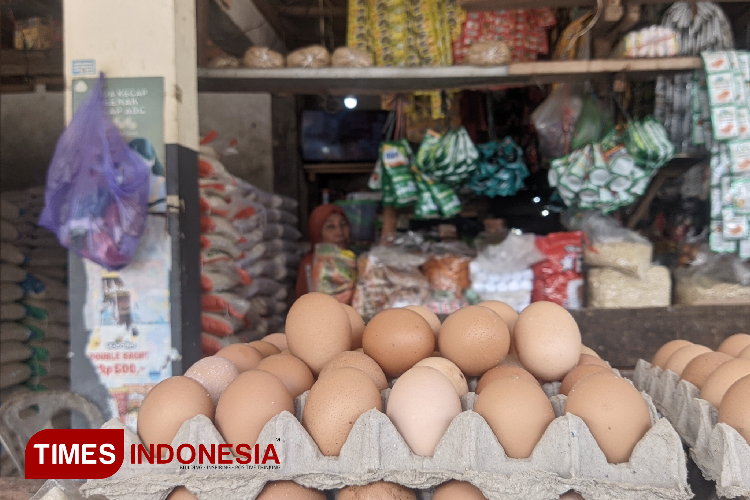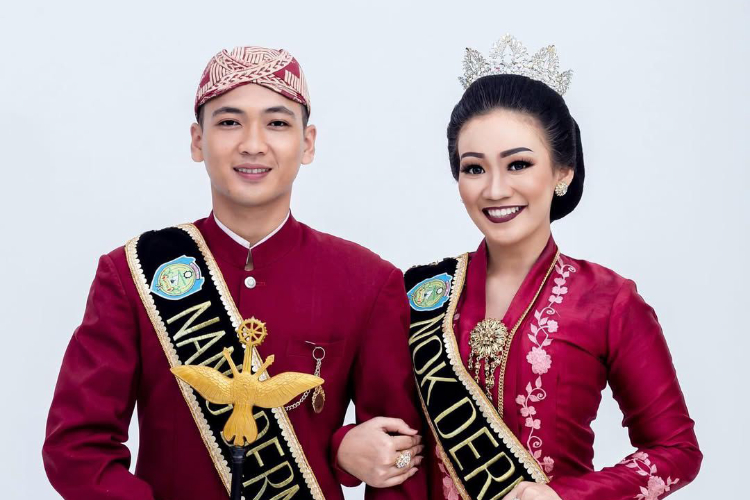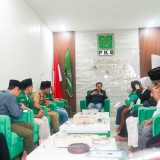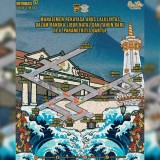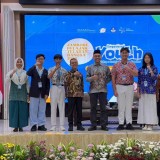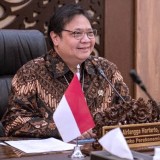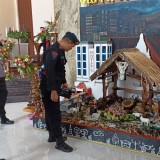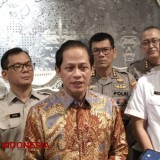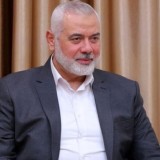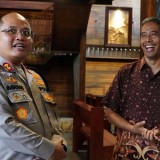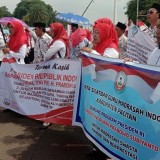TIMES HONGKONG, SURAKARTA – Solo, or Surakarta, is not only known as a cultural city but also boasts numerous historical sites that reflect the richness of Javanese tradition. One of the most iconic places that should not be missed is Pura Mangkunegaran. This palace complex serves as a silent witness to the long history of Javanese royalty and remains a vibrant cultural center.
To delve deeper into Pura Mangkunegaran, we spoke with Viki Zulva, a local tourist from Malang, who recently visited this magnificent site and shared her experiences.
Pura Mangkunegaran was established in 1757 by Raden Mas Said, who later became known as Mangkunegara I. The palace functions as the seat of the Mangkunegaran principality, which is part of the larger Surakarta palace but holds its own autonomy.
Besides being a center of governance, Pura Mangkunegaran is also a hub for Javanese culture, where various traditional arts, such as gamelan music and batik, continue to thrive.
Viki noted that the long history of the palace is one of the main reasons for her interest in visiting. “I was curious about Pura Mangkunegaran because it’s not just an ordinary palace. It symbolizes cultural richness and history that still endure today,” she said.
Upon entering Pura Mangkunegaran, visitors are welcomed by the Pendopo Ageng, the main building that serves as the heart of the palace complex. This grand structure showcases traditional Javanese architecture with its tall teak pillars supporting the roof. It is used for official royal ceremonies as well as cultural performances.
“The Pendopo is truly breathtaking. I was amazed by its size and the intricate design. Even though it’s an open space, the building feels majestic and highlights the grandeur of Javanese architecture,” Viki explained. She also mentioned that the atmosphere in the Pendopo comes alive when the gamelan orchestra plays, adding to the traditional ambiance.
After enjoying the beauty of the Pendopo, Viki continued her journey to Dalem Ageng, the inner part of the palace where priceless art collections and artifacts are displayed. Here, visitors can see historical items such as royal jewelry, traditional weapons, and classic batik fabrics that date back hundreds of years.
“I was particularly impressed by the batik collection in Dalem Ageng. Each fabric has different motifs and colors, and each tells its own story. I gained a deeper appreciation for batik, which I previously took for granted,” Viki shared.
According to her, witnessing the batik-making process firsthand in this setting deepened her understanding of the complexity and artistry involved in this traditional craft.
For Viki, visiting Pura Mangkunegaran was not just about admiring historical buildings but also about experiencing authentic cultural insights. She participated in a guided tour, which provided extensive information about the palace's history and the life of the Mangkunegaran family.
“I felt like I was transported back in time while hearing stories about life in this palace. There are so many interesting things I learned, like the role of Mangkunegaran in Javanese politics and how this royal family continues to preserve arts and traditions to this day,” Viki said.
She emphasized that the atmosphere at Pura Mangkunegaran allows visitors to connect closely with the living culture of Java.
Pura Mangkunegaran is a must-visit destination for anyone looking to explore the cultural wealth and history of Solo. Through its magnificent architecture, exceptional art collections, and rich traditional atmosphere, this palace offers an unforgettable experience.
For Viki Zulva, her visit to Pura Mangkunegaran was an opportunity to learn more about Javanese heritage while enjoying the beauty of a palace steeped in history.
“Pura Mangkunegaran is a place you must visit if you come to Solo. It’s not just about the architectural beauty, but also about experiencing a living cultural heritage that continues to thrive,” Viki concluded. For local and international travelers alike, this destination stands as a symbol of Javanese grandeur that endures amid modernity.
Writer: Rohmatul Ummah (DJ)
Artikel ini sebelumnya sudah tayang di TIMES Indonesia dengan judul: Exploring Pura Mangkunegaran: Discovering Solo's Cultural Heritage
| Writer | : |
| Editor | : Khodijah Siti |
